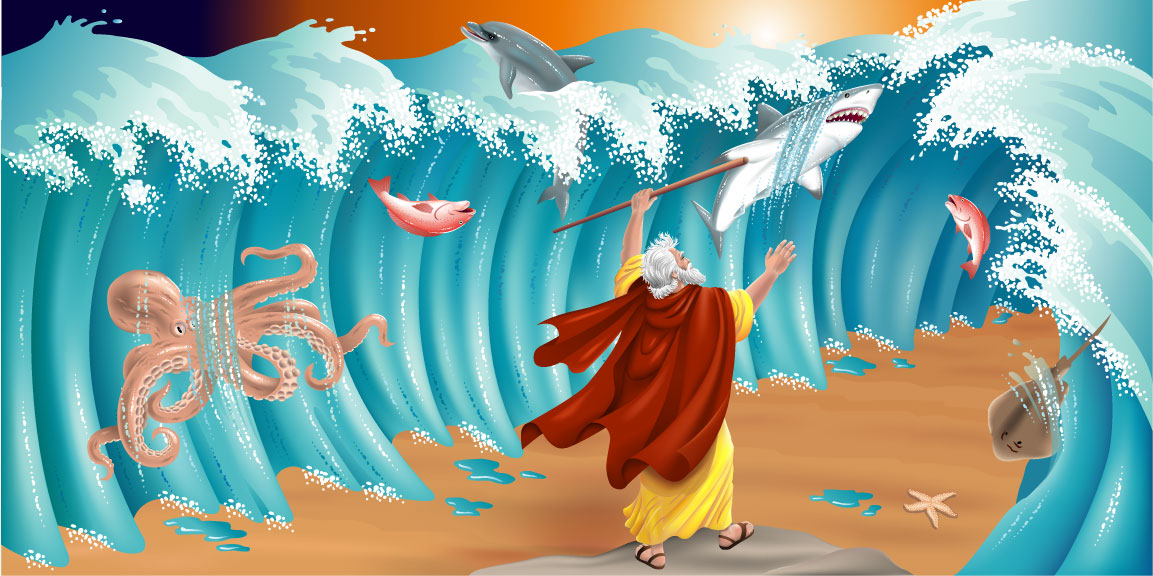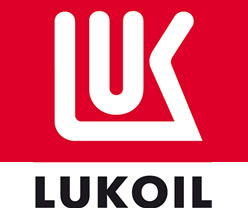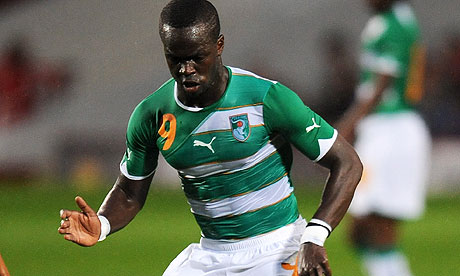Cote d’Ivoire: The Failure of Regime Change?
by Le Magazine de la Diaspora Ivoirienne et des Ami(e)s de la Côte d’Ivoire | 8 janvier 2011 16 h 58 min
The outcome of the Ivorian post electoral crisis is extremely uncertain. In practice, the incumbent President, Laurent Koudou Gbagbo, is the official winner of the Presidential Election pursuant to the final results proclaimed by the Ivorian Constitutional Council, the final authority, for matters relating to electoral dispute. However his challenger, Alassane Dramane Ouattara, accuses the incumbent President of clinging on to power by refusing to concede defeat. Why?
Alassane Dramane Ouattara, who enjoys the support of most of the “International Community”, and relies on results announced by the Chairman of the Independent Electoral Commission, considers himself as the President Elect of Cote d’Ivoire. This scenario of “One country, Two Presidents” is the direct consequence of a clear intent of some countries in the International Community to transform Cote d’Ivoire,into a trust territory under the auspices of the United Nations. All this in the name of shameful geopolitical interests.
First, Cote d’Ivoire is a nation of more than twenty million inhabitants. Furthermore, it represents more than 45% of the UEMOA economic wealth. In addition, the current Ivorian leadership refuses to entirely bow to the Washington Consensus.
Finally, until the early 2000s , this flourishing West African Nation, was under the “security shield” of its former colonial power, France. Cote d’Ivoire, which was enjoying a relative prosperity since its independence in 1960, shifted to uncertainty after the death in 1994 of President, Felix Houphouet Boigny.
A war of succession , broke out between Henri Konan Bédié, who was constitutionally eligible to take over and Alassane Dramane Ouattara, who was also after the Presidential Office, following his four year term as the country’s Prime Minister(From 1990 to 1994).
At the end, Henri Konan Bedié won the battle with French backing, and he used the concept of ivoirité to eliminate an embarrassing rival, in the 1995 Presidential Elections.
Alassane Dramane Ouattara never got over this failure. One can recall this famous quote from Ouattara: “ I will strike this dying power at the appropriate time and it will fall like a ripe fruit”.
He will later be accused of orchestrating the Military Coup, who brought General Guei into power, on December 24, 1999. But this General will as well, use the concept of ivoirité to stop Alassane Dramane Ouattara, from running in the 2000 Presidential Elections, arguing that he lacked “nationality credentials”.
His most fierce rival, Henri Konan Bedie will also be disqualified from this election, for failing to submit “ a medical certificate”. At the end, the General will be outmanoeuvred, by Laurent Koudou Gbagbo who will remove him from power through the ballot boxes and thanks to many street supporters.
This will be followed by: an attempt by other political stakeholders, to reject the results of the 2000 Presidential election, the triggering of the rebellion in the North in 2002, the events of 2004 leading to the destruction of the Ivorian Air Force fleet and the encircling of the Presidential Palace and the killing of Ivorian civilians by the French Licorne Military Force.
The Ggagbo regime has been shaken out by many dramatic events, which never made the Ivorian leader capitulate.
After various attempts to mediate, it is finally the Ivorian political class with the support of the Burkina Faso President Blaise Compaoré, who will reach a political settlement in Ouagadougou in 2007.
The first round of the Presidential Election, which has been postponed many times since 2005,because of the conflict, will eventually be held on October 31st 2010.
At that time many observers, had already voiced concerns about, the massive irregularities in some Northern regions. The second round of the Presidential Election, will expose the flaws of a distorted process. The Independent Electoral Commission, dominated by Ouattara’s supporters will be unable to offer “consensual results”.
The Chairman of this Institution, Youssouf Bakayoko will even assume the “right” to announce disputed results, at Alassane Ouattara’s Campaign Headquarters and declare him as President-Elect.
The Constitutional Council,(the legal body who has the final say in electoral disputes and which proclaims the final results) after examining the petitions submitted by the Presidential Camp, will proclaim Laurent Koudou Gbagbo as the President of Côte d’Ivoire on December 3rd, 2010.
The Special Representative of the UN Secretary General, Choi Young-Jin, will then endorse the provisional results proclaimed by the Chairman of the Electoral Commission.
The socio-political crisis grows acrimonious. And public opinion discovers that the Northern rebels have never disarmed despite the agreement specifying that “no election could be held without disarmament”.
The question that one should now ask is who bears the responsibility for this sham?
Regardless of what one may think, President Laurent Koudou Gbagbo, has shown his good faith. In accordance with the Ouagdougou Political Accord, he signed the decree which enabled his political rival to contest the Presidential Election.
He also accepted to work with Guillaume Soro, the Prime Minister from the Northern Rebellion. The major mistake of the International Community, which makes it appear, suspicious in the eyes of many Ivorians, is its demand to have elections held in a country, under military occupation. A mistake, worsen by a clear bias, in relation to the so called “certification” coming from the ballot boxes.
Does “certifying” results means, “replacing ” to the Institutions of the Country? .Of course not. With such an approach, the International Community has demonstrated, without any reasonable doubt, that it was “both judge and be judged”. More, than five hundred million dollars was invested, to have an elected President, who was apparently chosen in advance. Why? Maybe, a President under “protection” and “supervision” of the International Community would facilitate the plundering of the many resources of Cote d’Ivoire.
There is no other way, than dialogue to prevent turmoil in Cote d’Ivoire and to avoid the destabilisation of the West African region.. A military intervention, to impose a President against the will of the Sovereign Institutions of Cote d’Ivoire and half of the Ivorian People would be a catastrophe.
Because, beyond the Presidential Elections, Ivorian people have so much to forgive to each other, that one should not add fuel to the fire.
What’s currently happening in Cote d’Ivoire is a test case. If this attempt to carry out a regime change, leads to the departure of President Gbagbo, not a single African country, with mineral resources will be able to face up to these dark Western geopolitical interests.
If this Euro-Atlantic project (which actually consists in having African countries under total neo-colonial control) fails, one must expect that more and more African governments will be « less fearful » in resisting Western domination throughout the African continent.
The situation in Cote d’Ivoire has definitely more to do with “self-determination” than with “democracy”
By Femi B. Oyeniyi
 [1]
[1]
- [Image] : https://www.bluehost.com/track/atteby/
Source URL: https://www.ivoirediaspo.net/cote-d%e2%80%99ivoire-the-failure-of-regime-change/3453.html/



